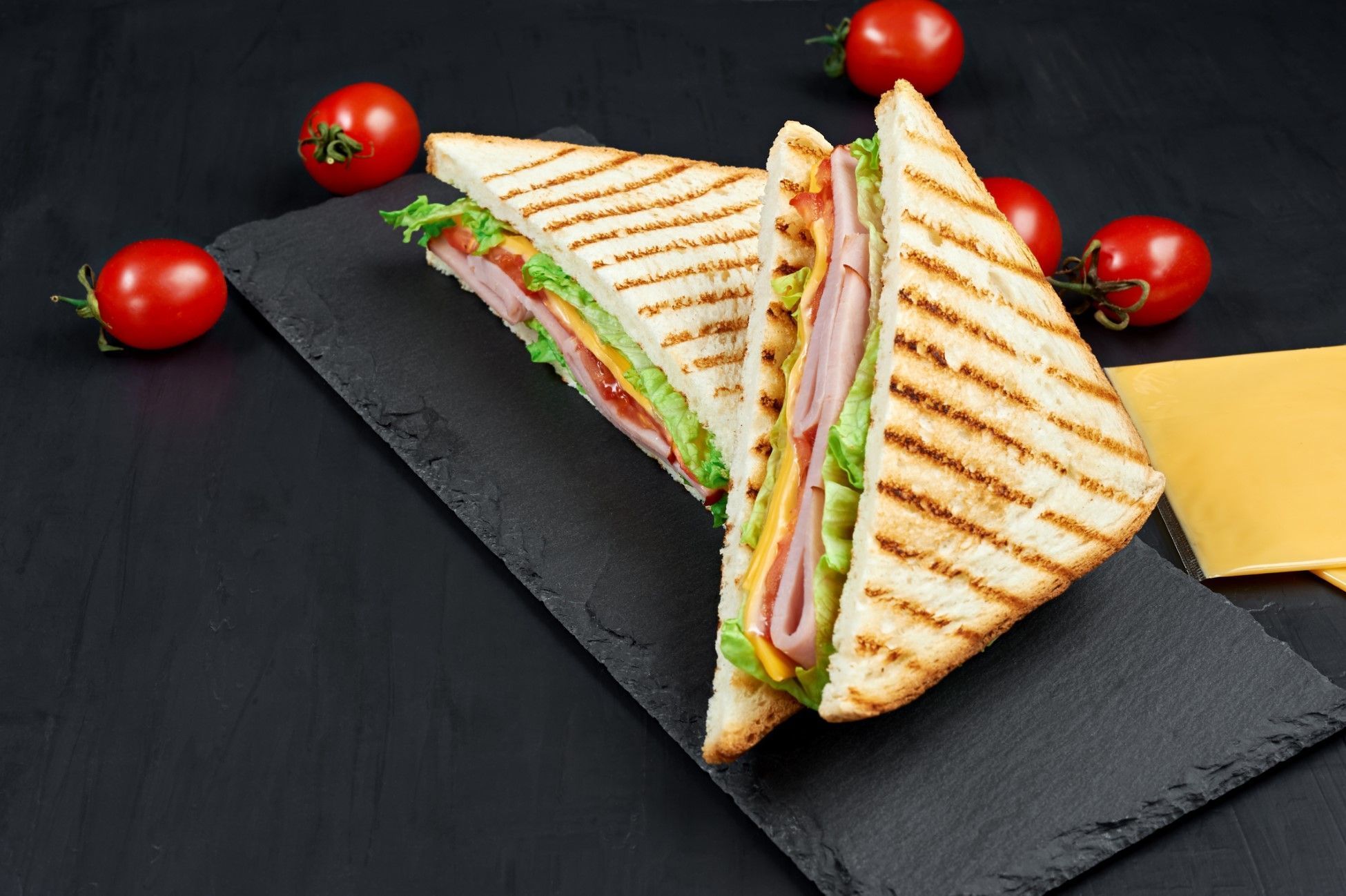Njami Roasted Chicken Breast without E numbers

Energy amount: 84 kcal/355 kJ
Fat: 1,0 g - of wich saturated: 0,5 g
Carbohydrates: 1,7 g - of wich sugars: 0,8 g
Protein: 17 g
Salt: 1,5 g
Selenium: 15 µg (27 % of the recommended daily intake)
The average energy amount per 100 g of foodstuff.
Fats are an important source of energy, they promote solubility of certain vitamins, and add flavour to food.
Carbohydrates are an important ingredient of a balanced diet, because they are a basic energy source and help metabolise protein and fat.
Proteins are macronutrients, since they have to be ingested in larger quantities, and are an energy source for the body.
Salt is important for metabolism, production of hormones and certain brain functions.
Selenium promotes the immune system and thyroid functions. It is acquired from a natural source, through the animal feed.
Energy amount: 84 kcal/355 kJ
The average energy amount per 100 g of foodstuff.
Fat: 1,0 g - of wich saturated: 0,5 g
Fats are an important source of energy, they promote solubility of certain vitamins, and add flavour to food.
Carbohydrates: 1,7 g - of wich sugars: 0,8 g
Carbohydrates are an important ingredient of a balanced diet, because they are a basic energy source and help metabolise protein and fat.
Protein: 17 g
Proteins are macronutrients, since they have to be ingested in larger quantities, and are an energy source for the body.
Salt: 1,5 g
Salt is important for metabolism, production of hormones and certain brain functions.
Selenium: 15 µg (27 % of the recommended daily intake)
Selenium promotes the immune system and thyroid functions. It is acquired from a natural source, through the animal feed.

 Piščančje pečene prsi
Piščančje pečene prsi

